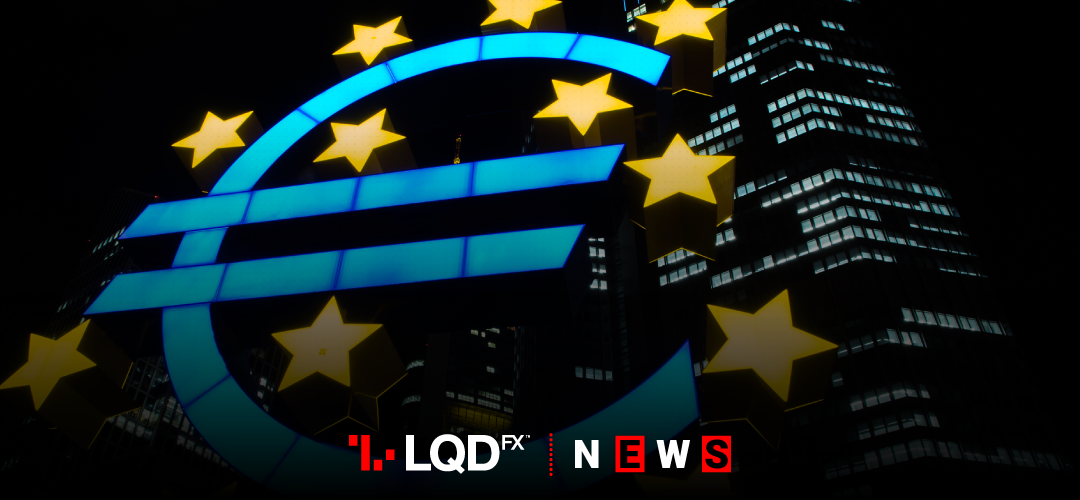The euro is steady on Thursday after a 2-month low in its previous session. The ECB decided to keep policy unchanged and end bond purchases by the end of the year. Traders’ eyes are now on ECB President Mario Draghi’s press conference.
Traders will be looking for any new guidance on recent signs of a possible slowdown in euro zone growth. The ECB kept rates on hold. It remains on course to claw back unprecedented monetary stimulus even as the growth outlook darkens.
Forex – Commodities – Euro is steady
The euro was up 0.1% at $1.1409 EUR, recovering from two-month lows of $1.1378 hit on Wednesday. The dollar index was off 0.1% at 96.333.
Further, the Japanese yen and Swiss franc gained only briefly as forex traders showed little reaction to a wave of selling across stock markets. Forex traders only tiptoed into the yen and Swiss franc, two currencies typically seen as safe havens during downturns.
The yen rose as high as 111.82 versus the dollar. The Japanese currency then retreated in European trading to settle down 0.1% on the day.
The Swiss franc gave up all its gains versus the dollar to trade at 0.9994. In addition, it dropped 0.3% against the euro.
The Australian dollar, often viewed as a bellwether for global risk, rose 0.4% to $0.7087.
Sterling recovered from 6-week lows to $1.2901. British Prime Minister received a show of support from her Conservative Party before the next round of Brexit talks.
Oil prices held below to $77 following a drop to a 2-month low in the previous session. Only two weeks left before U.S. sanctions potentially obstruct Iranian crude supplies. Brent crude futures rose by 52 cents a barrel to 76.96$ a barrel. U.S. crude futures or WTI rose by 65 cents a barrel from their last close.
Saudi Arabia says that the oil market could shift towards oversupply in the fourth quarter of 2018. OPEC and non-OPEC oil producers, which agreed to relax supply curbs in June, may need to change course.
Sources: Reuters, CNN money, BBC
PLEASE NOTE The information above is not investment advice.
